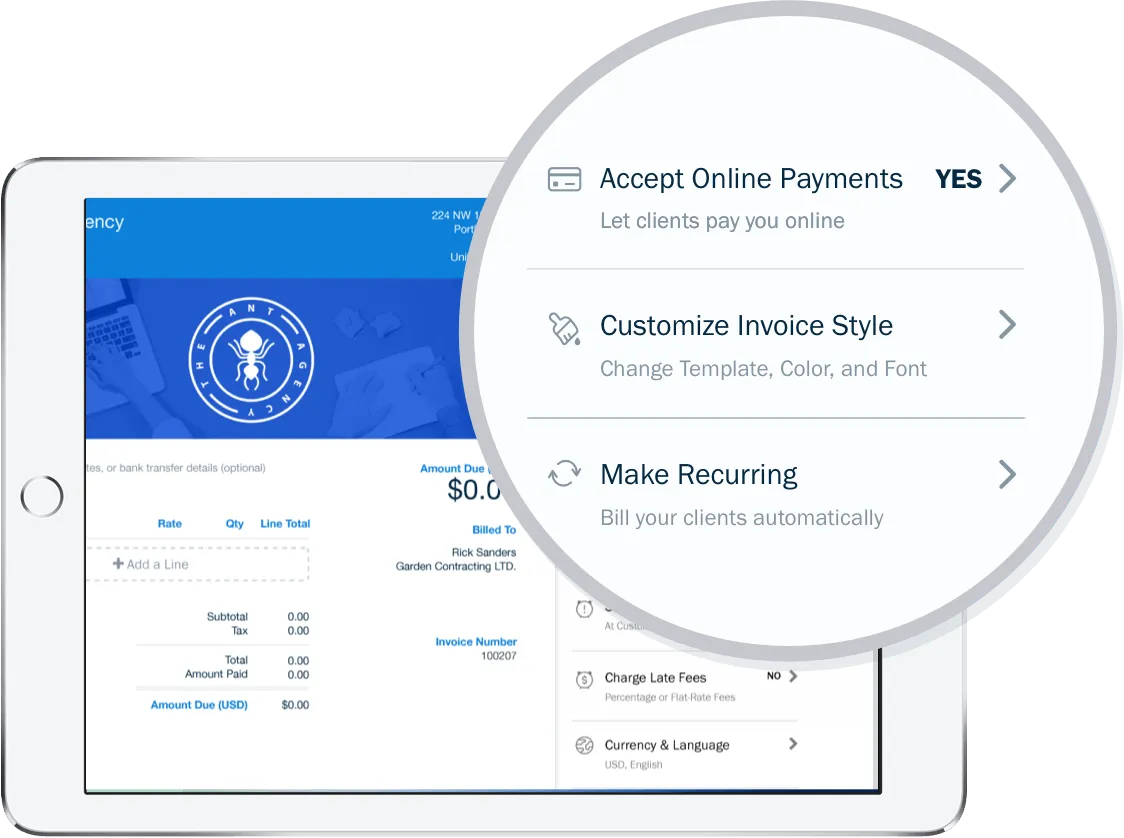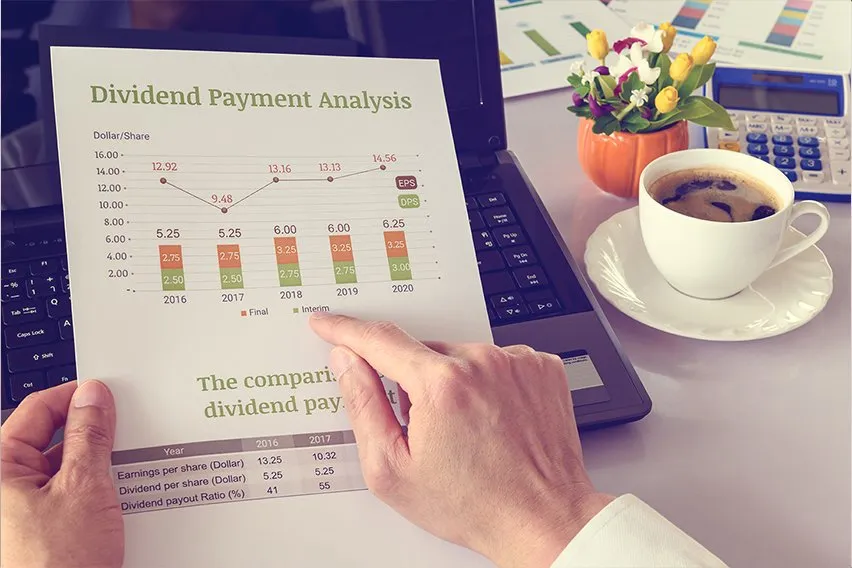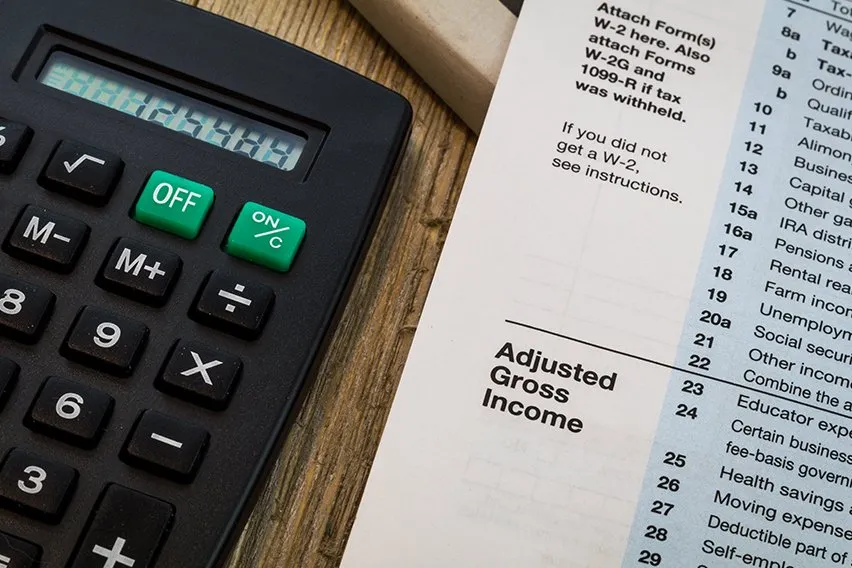What Is a Merchant Account? How Do I Get One?

You want to make it as easy as possible for your customers to pay you, don’t you? If you want to be able to take credit card and debit card payments, you need a merchant account. There’s a full list of other reasons why you benefit from being able to take card payments in our How To Accept Credit Cards Guide.
But what is a merchant account, are you eligible, and how much will it cost you? Find all your answers here.
Key Takeaways
- A merchant account is a commercial bank account allowing businesses to accept credit card and debit payment
- A bank that allows merchants (businesses) to accept electronic payments is called a merchant-acquiring bank
- Although they come with more fees, merchant accounts are convenient and secure
- You can set up a retail, internet/e-commerce, mobile, telephone, or mail-order merchant account
- There are four types of merchant accounts: aggregated, ISO, high-risk, and internet.
- During the application process, providers will take into consideration your credit score, previous financial activity, and how well-established your business is
- A merchant account collects online payments and then the funds are deposited into your business account
Here’s What We’ll Cover:
How Much Does a Merchant Account Cost?
Benefits of a Merchant Account
Am I Eligible for a Merchant Account?
Have You Had a Merchant Account Before?
What Is a Merchant Account?
A merchant account is a type of commercial bank account. It allows businesses to take credit and debit card payments. Your merchant account provider processes the payments and keeps you safe from fraud.
This is where it differs from a business account. A business account is optional. But you can’t accept any card payments without first setting up a merchant account.
It’s a third party in the transaction between you and your customers. The journey of the money from your client’s bank account to yours goes like this:
- You make a sale
- Customer pays with their debit card or credit card
- Their money immediately goes into your merchant bank account for payment processing. This includes several security checks like confirming available funds and authorizing the transaction.
- Money sits in your merchant account for 1 – 3 days ‘settlement time,’ and merchant account fees are deducted
- Money moves into your bank account

How Merchant Accounts Work
A merchant’s account is what it is called when a business enters into an agreement with a merchant-acquiring bank, a type of bank that makes online transactions possible by facilitating the necessary communications it takes for an electronic payment transaction to be safely and securely processed.
This type of commercial banking service is necessary for any online business, as they allow credit card transactions, debit card transactions, and online payments to take place. These types of accounts often come with added fees, but the services they provide make them worthwhile in many cases.
When integrating online services into your business model, consider using fast and easy cloud-based payroll software to keep your outgoing payments to staff on time and correctly, every time without lifting a finger. Click here to learn more or talk to a specialist today.
How Much Does a Merchant Account Cost?
Business bank account costs vary depending on what fees and services are applied. These include one-off fees, credit card terminal rentals, fees charged per debit card and credit card transaction, and discount rates that may be applied. Cross-border fees may also be added to account for currency exchanges during international business transactions.
Individual service charges also come into play, like your initial application and joining costs, adding payment gateways for online transactions, or a virtual terminal to take payments over the phone. You may also want to ask whether your bank will charge a statement fee for printouts of your transactions or if they have a monthly minimum fee or annual fee for using their services.
Contract termination fees may be charged if you switch providers within a certain timeframe. Although this may sound like a lot of charges, the ability to accept payments from credit and debit cards will keep customers happy, which may make it worthwhile for your small business, even if you have to pay a transaction fee each time they make a purchase.
Merchant transaction fees range from 0.5% to 5.0% of the transaction amount plus $0.20 to $0.30 per transaction.
Lots of merchant accounts also offer an optional extra PCI Compliance, which is usually an additional monthly fee. If you’re looking into taking card payments, you’ve probably already come across the Security Standards Council Payment Card Industry (PCI) requirements. It’s a mandatory security requirement, with the expected assessments, recording, and reporting implications. It may be worthwhile adding this to your merchant account as you need to invest time in making sure you’ve met all the requirements.
You need to choose the type of merchant account that’s the best fit for your business. For example, if you only take online credit card payments, you don’t need an account with a card reader rental option. But you do need one that has a payment gateway.
For clickable payment links directly from your invoice or website, try FreshBooks Payments. This payment feature allows you to seamlessly integrate clickable links into your invoices, so your client can make instant, no-hassle payments through debit, credit, Barclaycard, Stripe, and PayPal. FreshBooks bookkeeping software then automatically records each payment in your account for easier accounting and tax records that will make running your business easier. Click here to sign up or try it for free.

Types of Merchant Accounts
There are 4 different types of merchant accounts.
- Aggregated Merchant Account
Most small businesses use this kind of account. ‘Aggregation’ means you’re grouped together with other merchants in the same industry sector to form one merchant account. This helps everyone get a better rate. These are sometimes called ‘payment facilitators’ or ‘payment service providers (PSPs).
The main benefit of this type of account is the pricing. With an aggregate merchant account, you usually only pay per transaction and avoid the set-up and monthly fees.
- Independent Sales Organization (ISO) Merchant Account
An ISO is a third-party payment processing company that handles merchant accounts for a bank, payment processor, or large financial institution. This type of merchant account is customized to your needs. There are positives to having an account tailored to your business but you pay for this privilege with higher set-up and monthly fees. These types of accounts are the best option for larger companies with a reliably high volume of sales. The thresholds are set by the card processing companies.
- High-Risk Merchant Account
The high-risk element of this might be you as the business owner, or it might be the type of business you’re in. You are considered a high-risk proposition if you have a low credit rating. And your industry may be at high risk for a variety of reasons. For example:
- Fraud – a particular problem for online healthcare companies
- Greater likelihood of cancellations – like the travel industry
- Low cash flow reliability – with a subscription service
- High volume of chargebacks
This doesn’t mean that you can’t get a merchant account. You just need to find the right one. And there is some reassurance in knowing that you can renegotiate fees as your business grows.
- Internet Merchant Account
If you’re an e-commerce business, you need an internet merchant account so you can take online payments. You can’t operate your online business without one. Even if you already have one of the other merchant accounts, if your business goes online, you also need to establish an internet merchant account. The fees for this type of account usually include a set-up fee and then per-transaction costs. There are sometimes benefits to using the same merchant account provider for both.
Benefits of a Merchant Account
A merchant account can help you manage your money and get paid for your products and services faster; it can increase sales by increasing customer convenience and can help you avoid common e-commerce pitfalls like fraud and chargebacks. For many businesses, it just makes sense to use this type of account for the following reasons: :
You Get Paid Faster
Your merchant account will have efficient electronic payment processing and settlement of payment transactions, meaning you will get your money faster. You can even accept payments in a number of different currencies.
Multiple Payment Options for Customers
Your customers will be happier if they have a selection of payment options to choose from. These types of business accounts allow your clientele to choose between credit card payments and debit card transactions. This may result in bigger or more frequent sales.
Provides Better Security Online
Merchant-acquiring banks provide higher online security, working to prevent data breaches, chargebacks, and fraud, so your money will be safe as long as you maintain PCI compliance, keep passwords safe, and monitor your transactions consistently.
Easily Integrates into Online Business Services and Software
Not only can you easily add clickable online payment options to your website and digital invoices when you accept online payments, but you can also connect your account to your preferred bookkeeping software to monitor incoming and outgoing funds with ease.
Online software like FreshBooks integrates with your bank, so you can use invoicing, accept payments, and track expenses and receipts automatically. To learn more or to try it for free, click here.
Am I Eligible for a Merchant Account?
Credit History
If you have been wondering how to get a merchant account for an online business, the most important factor to consider is your credit history. Providers will go over your business’s credit reports to see how you’ve handled past debts and make sure there are no defaults. If you’re a start-up business, they will look at your personal finances. So, if you do have blemishes on your credit history, perhaps get in touch with a credit reporting agency to get things removed before you start your application.
Don’t despair if you still have negative indicators. It doesn’t necessarily mean outright rejection. You may have to pay higher fees though – to account for the extra risk.
Things that count in your favor are having spotless business records and never missing an HMRC filing or payment deadline.
Business Birthday
Merchant account providers also take the age of your business into account, with the understanding that you are more familiar with the risks of card payment transactions if you’ve been in the business longer.
Have You Had a Merchant Account Before?
If your previous merchant accounts have a positive record, this inspires the bank’s trust in your current application.
Once you’ve decided what type of merchant account is best for your business, you need to search for a provider that will give you the best rate. Just like most other financial products, it’s all about shopping around for the best deal. You do need to invest some time, but being able to take debit and credit card payments will be worth it. Boosted sales, happy customers, increased margins – what’s not to like?

Conclusion
A merchant account may cost more in fees than a regular bank account, but the rewards are much higher than the risk for many businesses. With this type of account, you can accept credit cards and debit cards, providing a much more convenient purchasing experience for your customers.
There are different types of merchant accounts, each with its own pros and cons. You will have to do some research to find the right type of account for your business needs, but in the end, it will be worth it.
FAQs on Merchant Account
How do I get a merchant account?
You will need a business license to prove your business is legitimate before applying. Once you have found the right bank for your business, you must submit an application. They will assess your credit score, your liability, and fraud risk. Once approved, you may begin accepting credit and debit transactions.
What is an example of a merchant account?
A merchant account is a business bank account that allows businesses to accept payments online like credit cards or other electronic payment methods. The most common type is an e-commerce merchant account, like PayPal.
How long does it take to get approved for a merchant account?
Once the underwriting team at the bank has received all of your relevant information, processing and checking your credit can take 4 to 6 business days on average, although this may vary from institution to institution.
How do merchant accounts make money?
Vendors who use merchant accounts make money by selling products or services to their customers. A merchant account allows customers to make online purchases, making shopping and payments easier, which will make it more likely for a business to generate sales.
What documents are required for a merchant account?
You will need your business license and financial information about your business, including supporting documents, processing and financial statements, and a physical address where paperwork and forms can be sent. You may need to provide a business plan, a voided check, PCI compliance proof, and a certificate of formation.
Can I transfer money from a merchant account to a bank?
Yes, merchant accounts are there to collect the funds generated by online sales and are then transferred into your business bank account regularly. You can also request an immediate transfer in many cases, but a fee will likely be applied to the transaction.
Reviewed by
Sandra Habiger is a Chartered Professional Accountant with a Bachelor’s Degree in Business Administration from the University of Washington. Sandra’s areas of focus include advising real estate agents, brokers, and investors. She supports small businesses in growing to their first six figures and beyond. Alongside her accounting practice, Sandra is a Money and Life Coach for women in business.
RELATED ARTICLES


 What Is a Cash Flow Forecast and How to Make It?
What Is a Cash Flow Forecast and How to Make It? What Is a Dividend? Definition, Example and How They Work
What Is a Dividend? Definition, Example and How They Work What Is Net Pay?
What Is Net Pay? What Is Gross Pay? Definition, Examples & Calculation
What Is Gross Pay? Definition, Examples & Calculation What Is Finance: Definition & Types of Finance
What Is Finance: Definition & Types of Finance